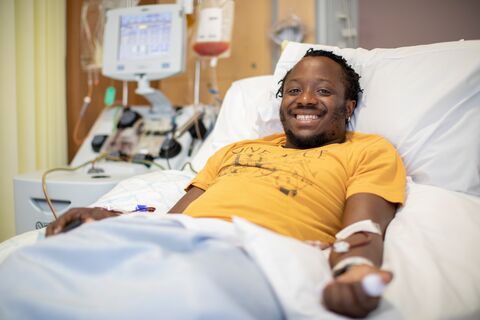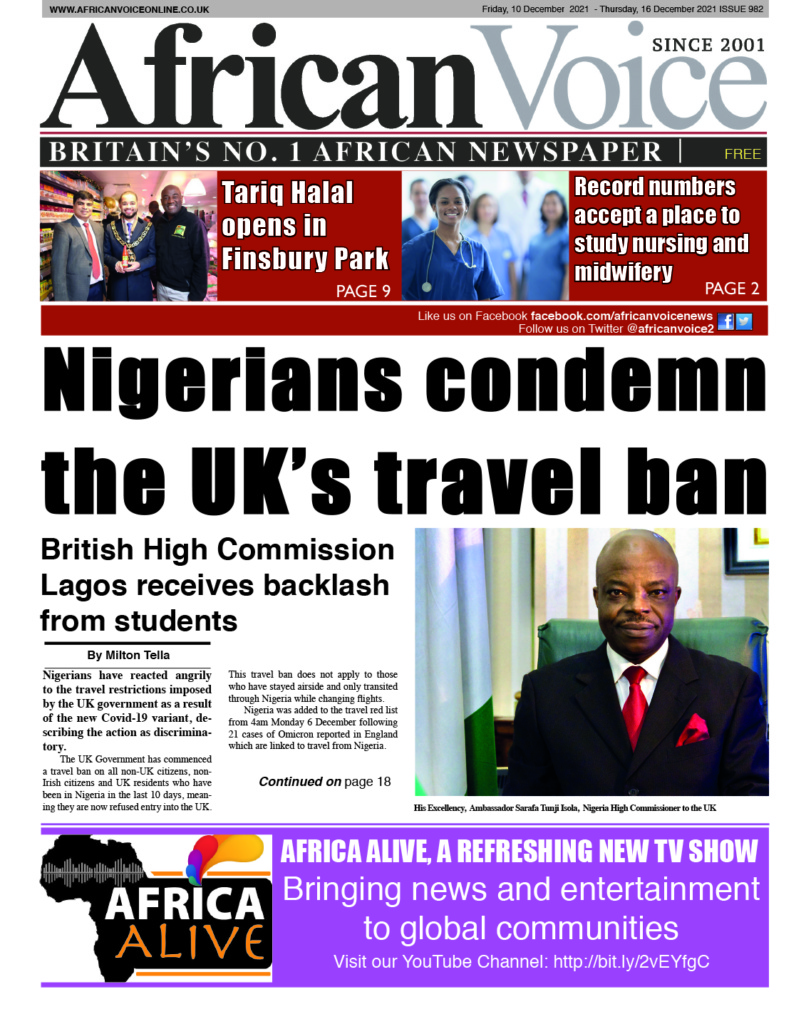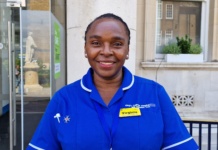
New funding has just been announced as part of the Government’s commitment to tackle health inequalities.
The scheme aims to address the shortage of organs for those waiting for a transplant from all Black, Asian and minority ethnic backgrounds as well as an urgent need for more Black blood donors to treat blood disorders like sickle cell. For the first time this year, NHS Blood and Transplant will also be working in partnership with leading blood cancer charity Anthony Nolan to raise awareness of stem cell donation.
The Community Investment Scheme run by NHS Blood and Transplant will fund community, faith or belief organisations to deliver projects that encourage more Black and Asian people to become donors. The scheme was set up to find community organisations who can be trusted voices in helping to address barriers, normalise blood and organ donation and drive behaviour change within Black and Asian communities.
In the scheme’s fourth year NHS Blood and Transplant is now looking for applications that will engage diverse communities at grassroot level.
There is an estimated total of £440,000 available to community-based projects across the UK. Organisations will be able to apply for one of four funding bands:
Funds up to £2,499 (blood, organ, or combined)
Funds between £2,500 – £10,000 (blood, organ or combined)
Funds between £10,001 and £20,000 (blood or combined)
Funds of £20,000 set amount (stem cell)
The ongoing impact of Covid-19 is making innovative approaches to community engagement essential and so NHS Blood and Transplant are looking for projects that can be delivered digitally.
The latest statistics taken from NHS Blood and Transplant’s annual report into organ donation and transplantation in Black, Asian, mixed heritage and minority ethnic communities, show there were just 146 organ donors from these communities in 2020/21 (84 deceased, and 62 living). A 25% reduction in deceased donors and a 61% reduction in living donors compared to 2019/20 figures.
Over the same period, there was a total of 1,180 deceased organ donors in the UK with 7% from Black, Asian, mixed heritage and minority ethnic communities, yet there remains to be 1,237 people on the waiting list from these communities making up 29.5% of all people waiting for a transplant.
However, when approached about organ donation over the course of the past year, 39.5% of Black, Asian, mixed heritage or minority ethnic families agreed to support donation going ahead, compared to 69% of White families.
Many families can still find it difficult because organ donation is not something they have discussed with their relatives. Others still have concerns about whether organ donation can go ahead in line with their religious beliefs.
Additionally, NHS Blood and Transplant is encouraging more people from Black African and Black Caribbean communities to become blood donors.
Sickle cell is the fastest growing genetic disorder in the UK, with 300 babies a year born with the blood disorder. People from Black African or Black Caribbean backgrounds are most likely to have this condition which can often require regular blood transfusions. For those reliant on regular transfusions, it is essential that they receive blood matched as closely as possible to their own. A match is most likely to come from a donor of the same ethnicity. Currently Black blood donors make up 1.5% of the total donor base.
Finally, NHS Blood and Transplant is working in partnership with Anthony Nolan to find projects to raise awareness of stem cell donation, particularly in Asian communities.
Genetically, patients in need of a stem cell transplant are far more likely to match with stem cell donors of a similar ethnicity. People from ethnic minority backgrounds often have rarer tissue types which makes it harder to find matching donors.
Altaf Kazi, Head of Partnerships and Community Engagement at NHS Blood and Transplant, said: “Through the Community Investment Scheme we have seen the power of trusted individuals and community groups to prompt conversation, tackle misinformation, educate and offer reassurance around deceased organ donation and blood donation. We are now pleased to be able open the scheme to encourage stem cell donation too.
“We are asking more people from Black, Asian and minority ethnic communities to find out about blood, organ and stem cell donation and help us to address the health inequalities that many members of these communities may face. By giving your support you can help save lives.”
Henny Braund MBE, Chief Executive of Anthony Nolan says: “Patients from minority ethnic backgrounds are more likely to be told there is no matching donor for them on the stem cell donor register; we must do everything we can to make sure nobody has to hear these words. The Community Investment Scheme is a great initiative, through which we will engage with the Pakistani community to raise awareness of the Anthony Nolan register. This in turn will increase the number of stem cell donors from Pakistani backgrounds and improve the odds for patients looking for their lifesaving donor.
“If you’re aged 16-30 and from a minority ethnic background, patients need people just like you to give them a second chance of life. You can be part of the solution, by joining the Anthony Nolan register.”
Kindly follow us on twitter:@AfricanVoice2










